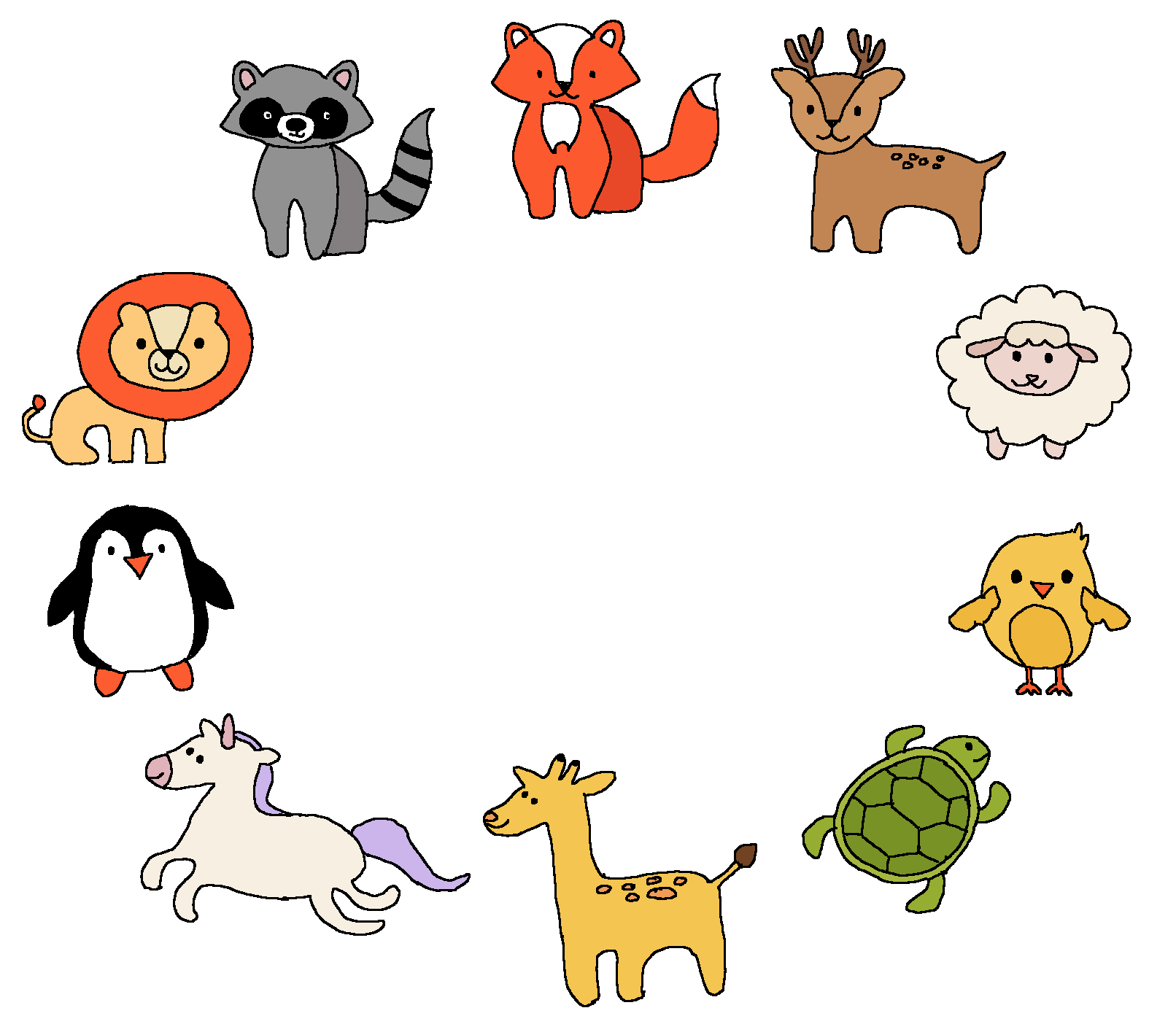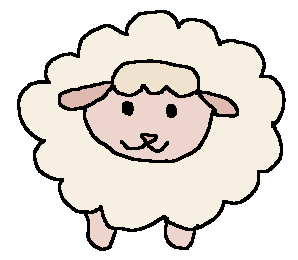
To join a circle is to weave yourself into a web of care and resistance.

To join a circle is to weave yourself into a web of care and resistance.
A circle is a small, self-organized group of people (5 to 20) who make a commitment to mutual care and collective resistance.
In a circle, you and your people look out for each other's needs: sharing resources, offering emotional support, showing up in emergencies, and preparing together for the unexpected. Whether it's a sudden eviction, a protest, a natural disaster, or a general strike, your circle is there to make sure no one has to face it alone.
At their best, circles don't just protect each other; they ripple out to strengthen neighborhoods, cities, and wider movements, becoming the building blocks of large-scale civil resistance.


1. Shared Purpose and Values
The group is grounded in a common purpose and shared values like care, solidarity, and collective resistance.
2. Mutual Aid
Everyone gives and receives support, meeting each other's material needs through trust and reciprocity.
3. Shared Vulnerability
People feel safe to be real—sharing emotions, struggles, and truth without fear of judgment.
4. Relational Trust and Accountability
Trust is built through consistency, clear agreements, and following through on what we say we'll do.
5. Conflict Transformation
When tensions arise, the group stays in relationship and works through conflict with curiosity and care.
6. Collective Decision-Making
Power is shared, roles are flexible, and decisions are made collectively and transparently.
7. Consistency and Ritual
Regular gatherings and shared rituals create a rhythm that deepens connection over time.
8. Joy, Play, and Beauty
Laughter, creativity, and celebration are essential parts of how we survive and thrive together.


Civil resistance is not just about dramatic moments of protest. It is about sustained, collective refusal and creation over time. This kind of long-term action requires trust, resilience, and a sense of belonging. And those qualities are difficult to build in isolation.
Circles offer a structure for mutual care, political alignment, and shared risk. They make it easier to stay committed when things get hard, to process fear or burnout, and to coordinate action with others who know and support you. Being in a circle helps turn scattered outrage into rooted resistance.


If you want to start a circle from scratch, see this guide for some helpful advice. If you would like to join a circle based on location and you live in the SF Bay Area, fill out this short form. Once enough people sign up in your area, we will connect you with each other.